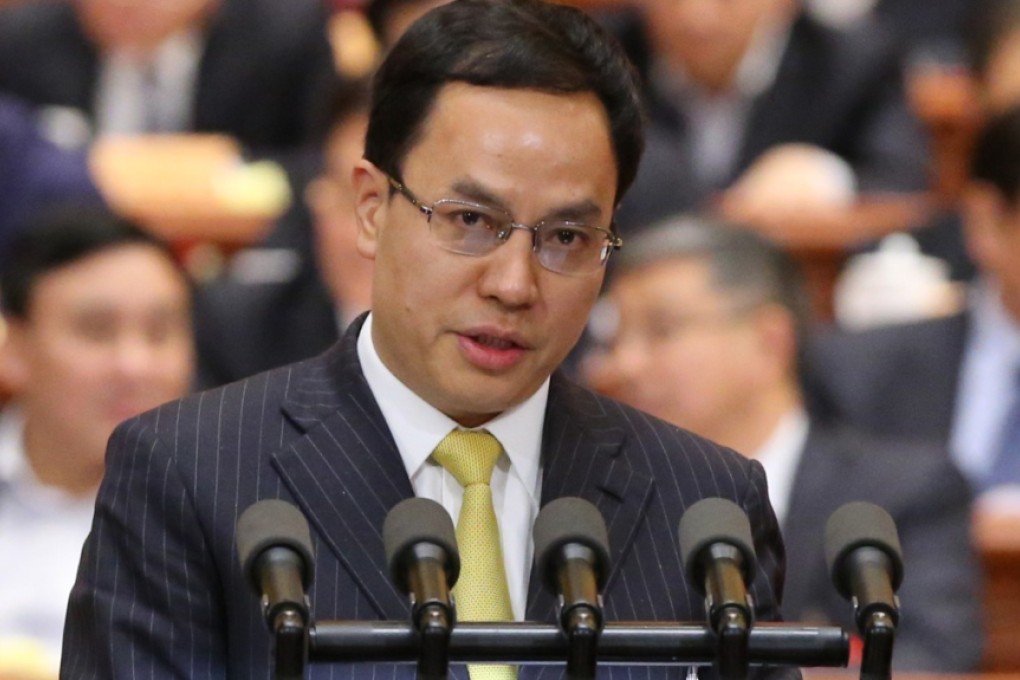CPPCC delegates slammed for promoting own companies
Delegates to China's top legislative and political advisory bodies have criticised tycoons who took advantage of the annual assemblies to lobby government support for their businesses.

Delegates to China's top legislative and political advisory bodies have criticised tycoons who took advantage of the annual assemblies over the past two weeks to lobby government support for their businesses.
Though supposedly there to speak as legislators or political advisors, several billionaire delegates used the sessions, attended by the country's most powerful officials, to speak to the media at length about their companies' new projects or products.
Last week China's new richest man Li Hejun, boss of Hong Kong-listed solar energy company Hanergy, gave a lecture on the benefits of thin-film solar cells and mobile energy during an assembly of the Chinese People's Political Consultative Conference, to which he is a delegate.
Also as a CPPCC delegate, Li Yanhong, founder of search-engine giant Baidu, proposed the launch of a state-level "China Brain" project to develop artificial intelligence (AI) systems.
AI is a scientific term coined by American computer scientist John McCarthy referring to "the science and engineering of making intelligent machines". Li Yanhong announced a year ago that Baidu had begun to make inroads in this area with a "Baidu Brain" project.
"It's apparently inappropriate for a delegate to focus on what his company specialises in when giving proposals at the parliamentary sessions," said Yu Ruiyu, vice-president of the Chinese Institute of Certified Public Accountants and a delegate to the National People's Congress.
"We're supposed to talk about issues of wider interest, such as people's livelihoods and the improvement of the legal system," she said.